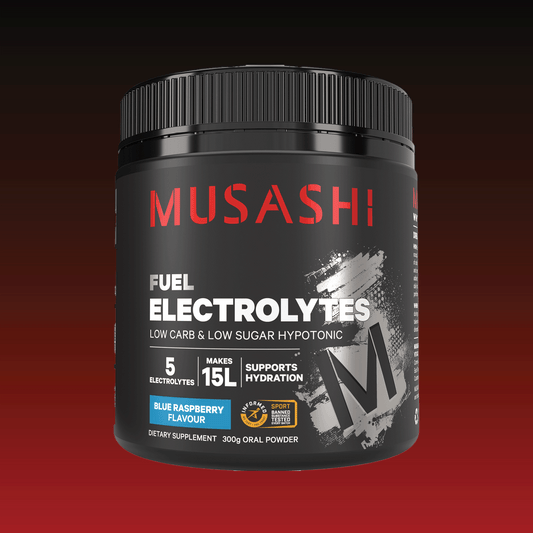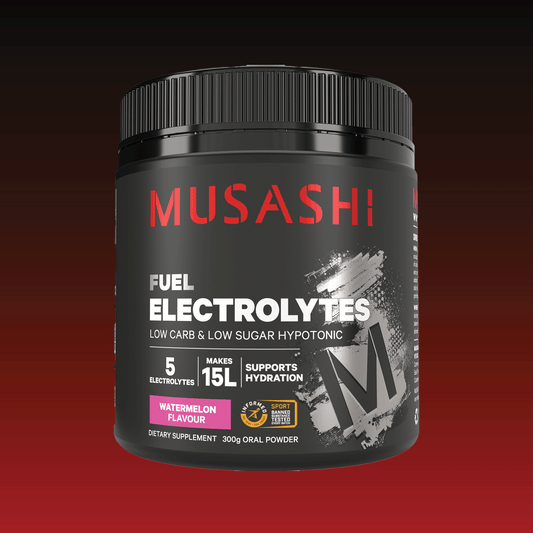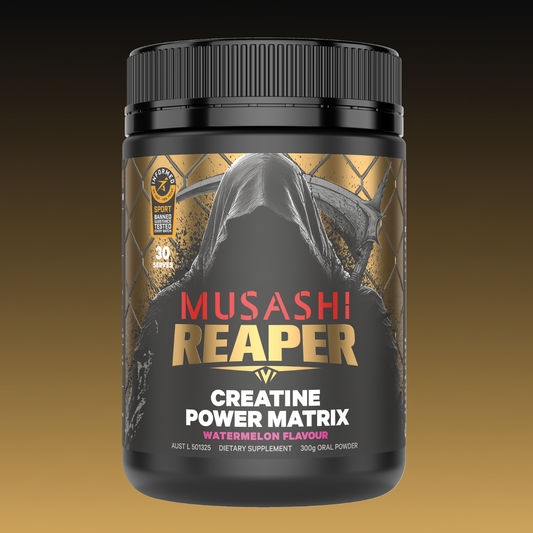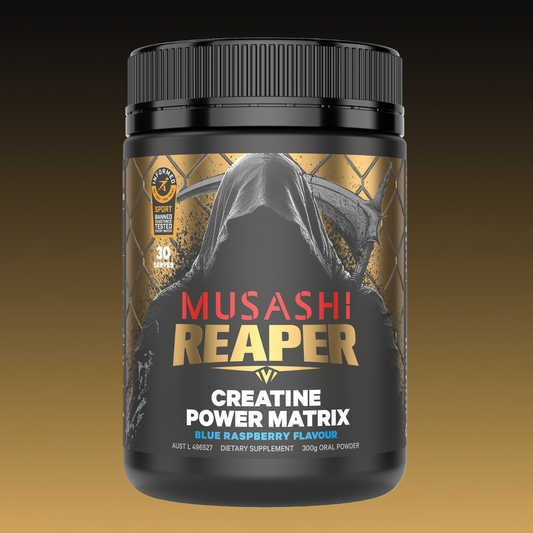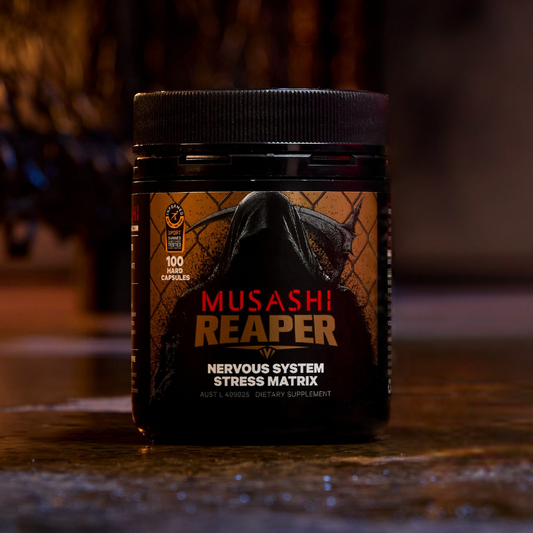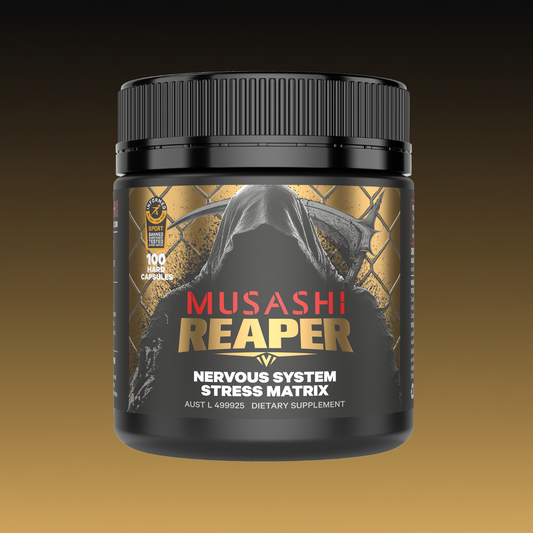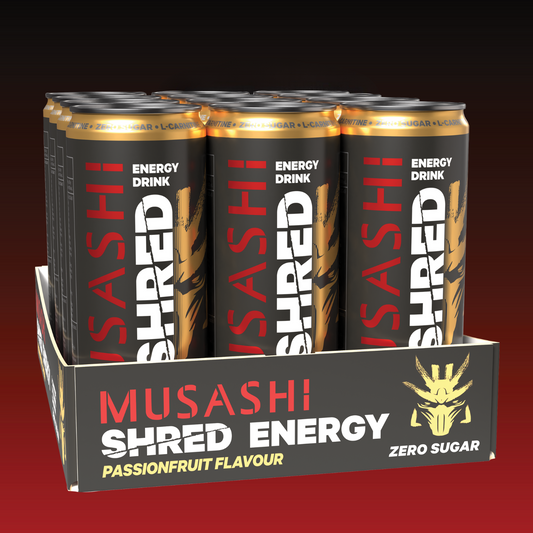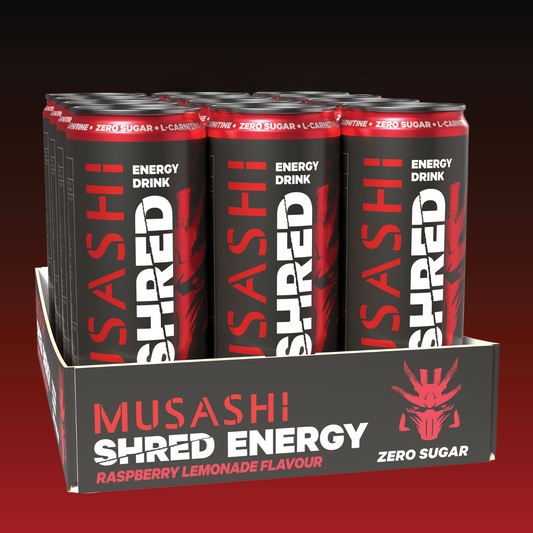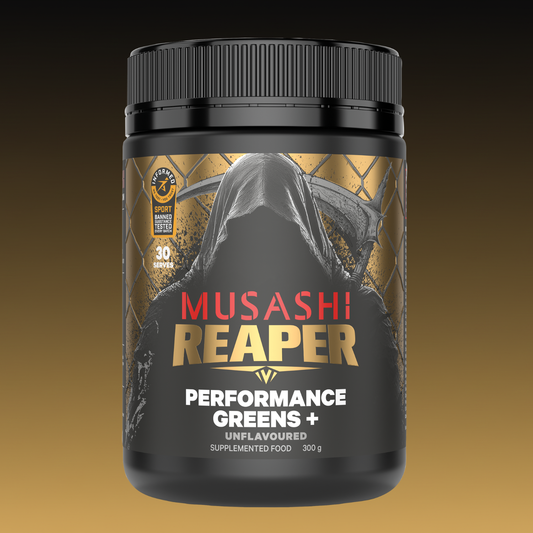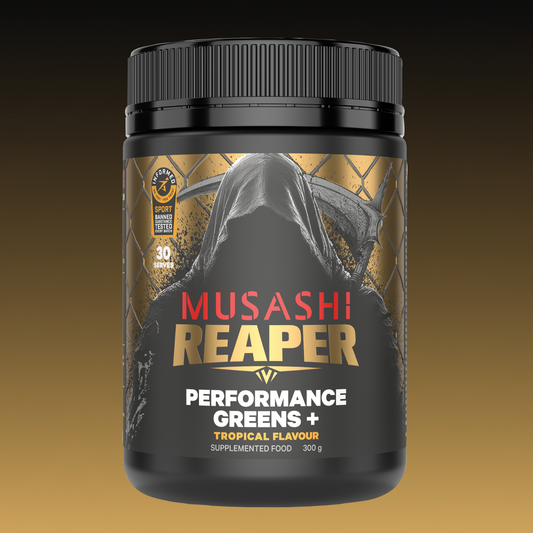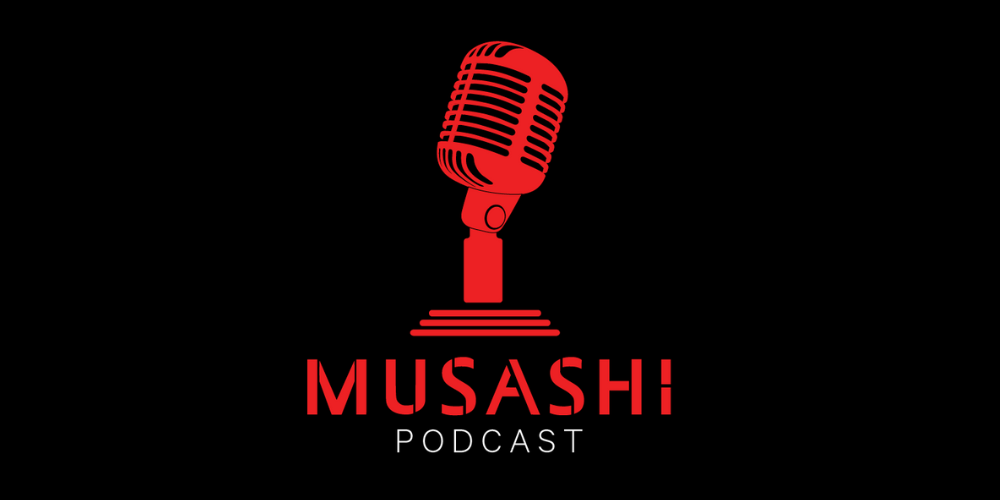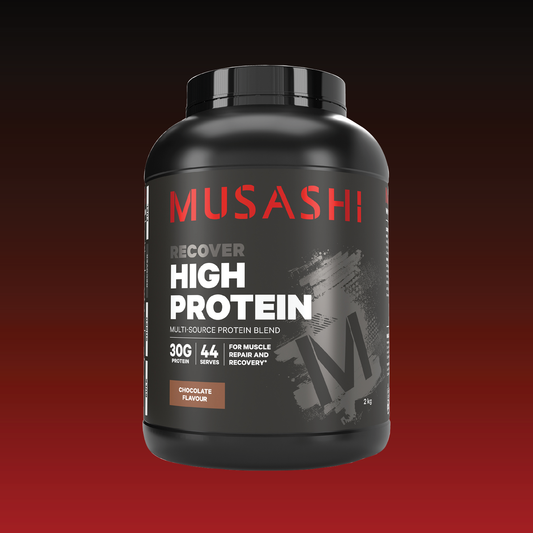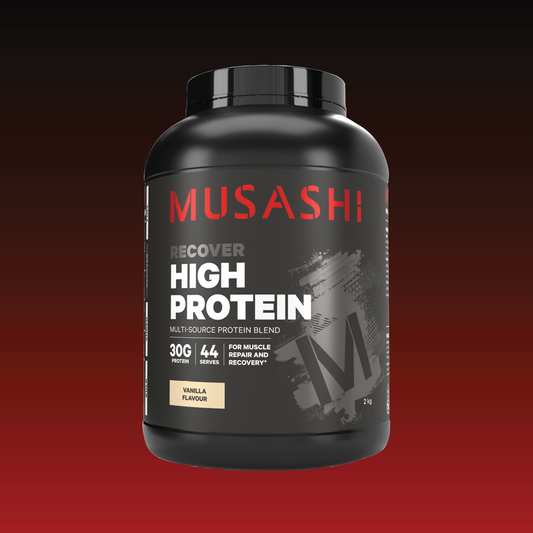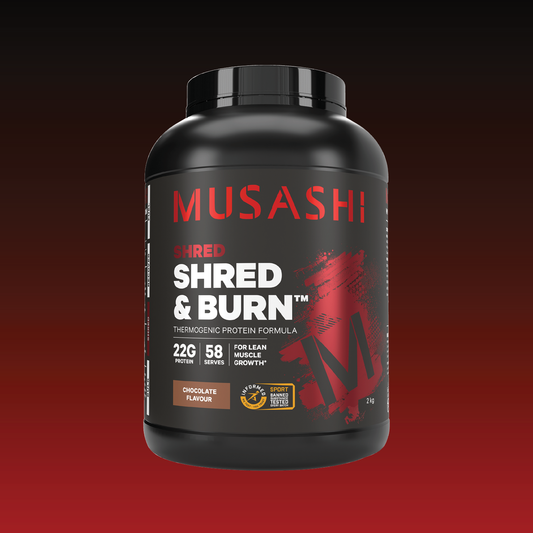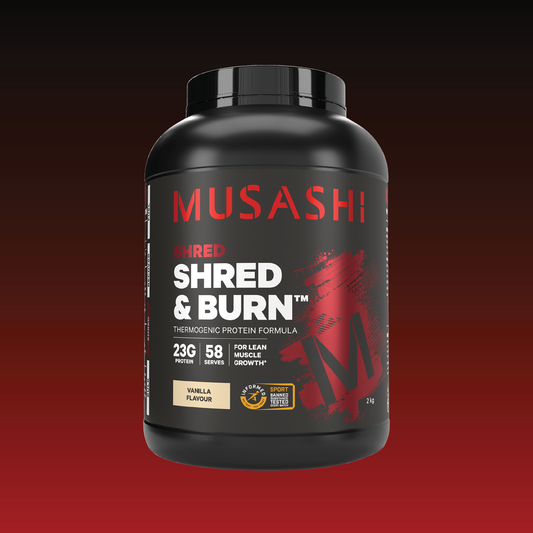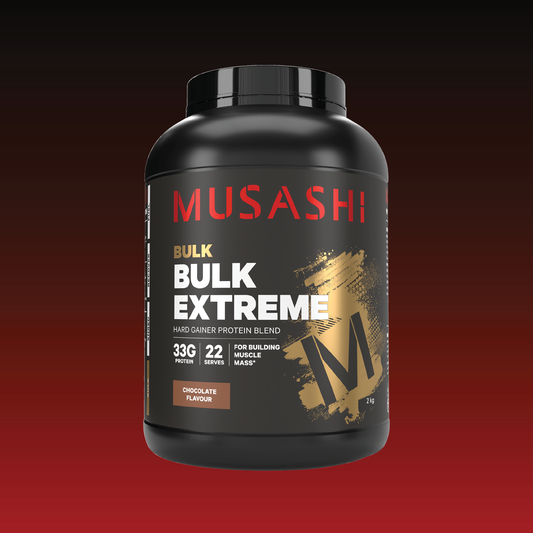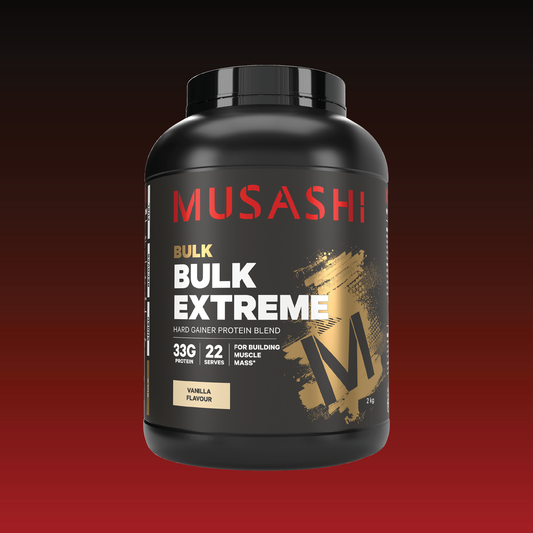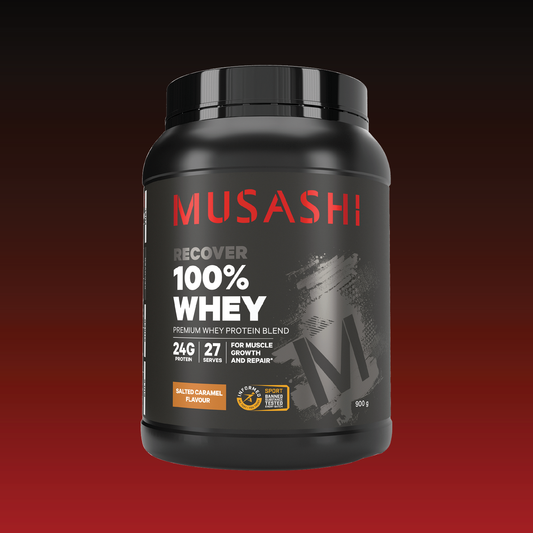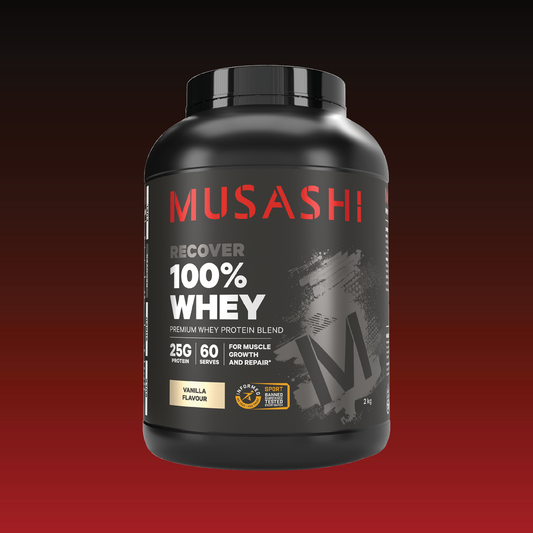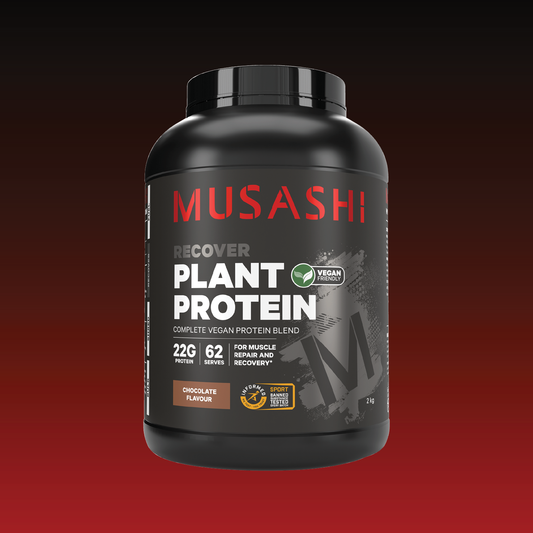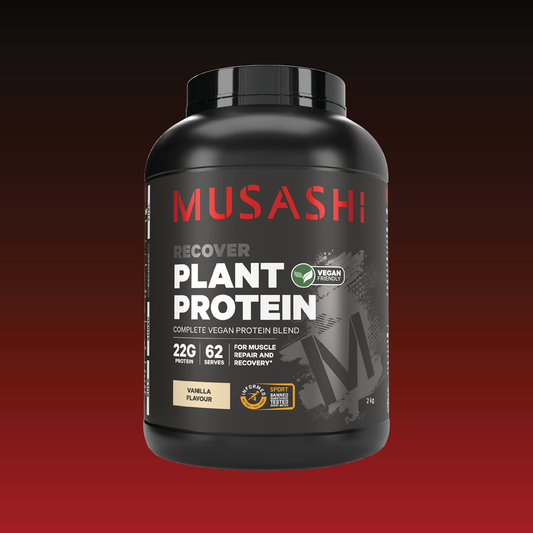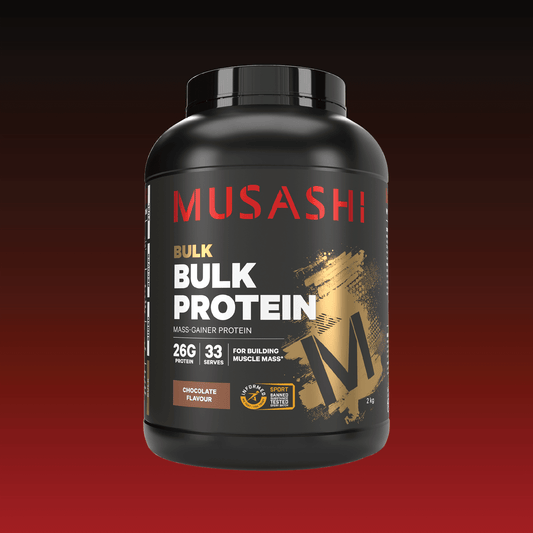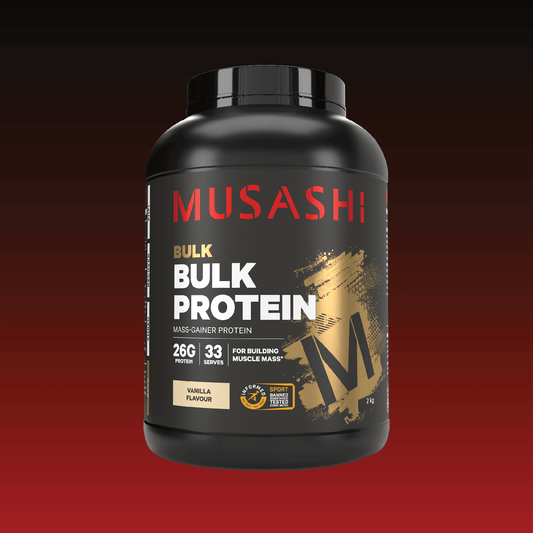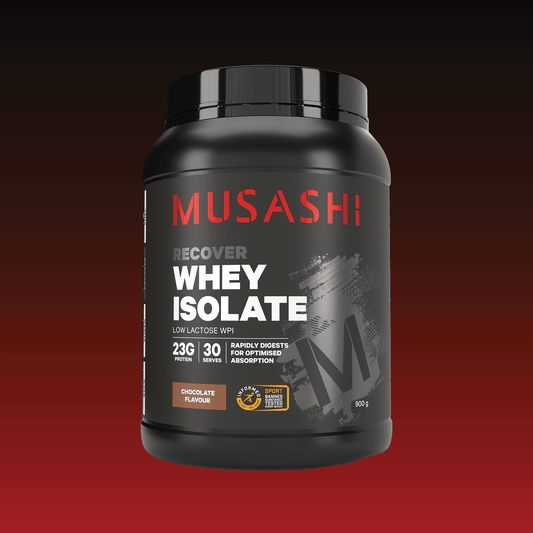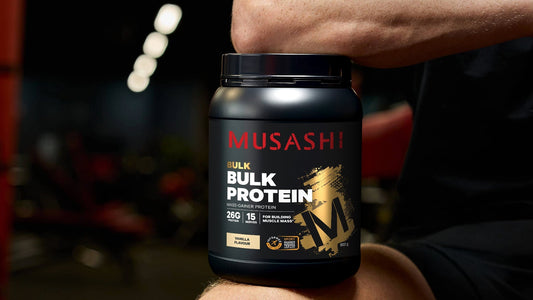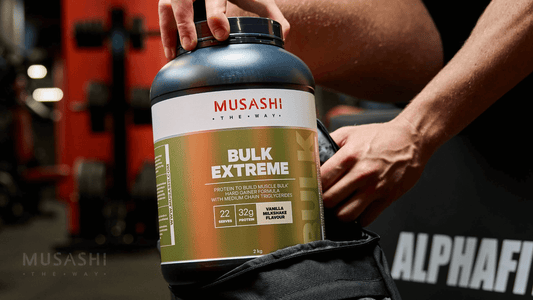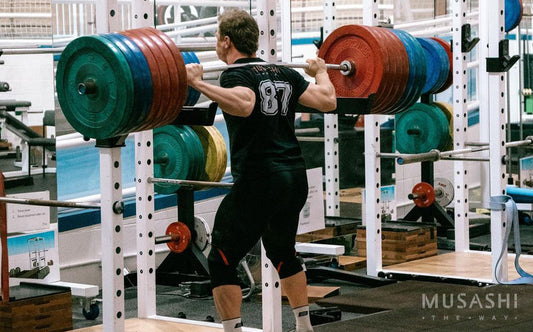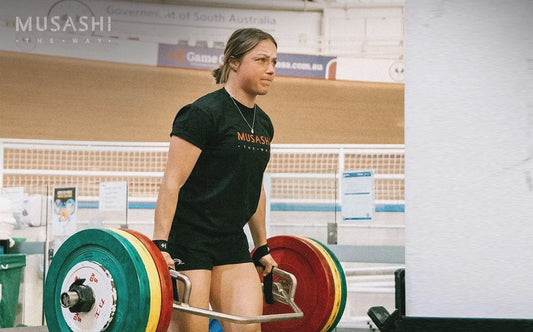
Supplements are everywhere — from elite athletic programs to your weekend warrior gym bag and even your nan’s pantry.
But with their rise in popularity comes a flood of misinformation and bro science. Let’s unpack four common supplement myths with science-backed facts you can trust.
Myth #1: “Supplements Replace a Healthy Diet”
The Truth: Supplements are exactly what they say they are, supplementary, not substitutes. They’re designed to support your diet, not replace nutrient-dense whole foods.
No pill or powder can replicate the synergistic benefits of a balanced diet rich in fibre, antioxidants, micronutrients, carbohydrates, fats, and protein.
That said, supplements can be incredibly useful when:
- Nutrient demands are higher (e.g., athletes or heavy trainers)
- You have a diagnosed deficiency (e.g., iron, vitamin D, calcium, magnesium)
- You're travelling, unwell, or following a restrictive diet
Both the Australian Institute of Sport (AIS) and Dietitians Australia promote a food-first approach, using supplements only where evidence supports performance or health benefits.
Myth #2: “All Supplements Are the Same”
The Truth: Not all supplements are created equal. Product quality, ingredient bioavailability, and third-party testing vary enormously between brands.
A creatine monohydrate with Informed-Sport certification is a world apart from an unregulated supplement bought online with no transparency - luckily, Musashi has you covered.
What to look for:
- Transparent ingredient labels
- Clinically effective dosing (based on human trials)
- Third-party certifications (e.g., Informed-Sport, NSF)
- Brands backed by research and reputation
Research shows ingredient label inaccuracies and contamination are still concerns in the global supplement market (PMID: 29540367).
Myth #3: “Creatine Causes Kidney Damage and Water Retention”
The Truth: Creatine is one of the most studied and safest sports supplements in the world.
The myth around kidney damage stems from early confusion between creatine supplementation and creatinine, a marker used to assess kidney function. In healthy individuals, there is no evidence that creatine causes harm when used at recommended doses (3–5g/day).
As for water retention - creatine increases intracellular water, meaning more hydration within the muscle, not bloating or puffiness. This is a performance-enhancing benefit, not a drawback.
Kreider et al. (2017) reviewed over 500 studies and concluded creatine is safe and effective for improving strength, muscle mass, and high-intensity performance (JISSN). PMID: 28615996
Myth #4: “More Supplements = Better Results”
The Truth: More isn’t better - better is better.
Over-supplementing can put stress on your liver, kidneys, and digestive system, and in some cases lead to toxicity or nutrient imbalances.
As Paracelsus, the father of toxicology, once said, “Everything is toxic - it's the dose that makes the poison.”
The biggest gains still come from mastering the fundamentals:
- Structured training
- Quality sleep and recovery
- Balanced nutrition… then using targeted supplementation to close gaps or enhance specific outcomes.
Supplements are a powerful tool - when used correctly. Stick to the basics, choose science-backed products, and prioritise quality over quantity.
While I’m not a dietitian or nutritionist, my aim is to help cut through the noise and share practical, evidence-informed insights to support your health and performance. And as always - when in doubt, consult an accredited dietitian or sports nutritionist for tailored advice.
Happy training team!
